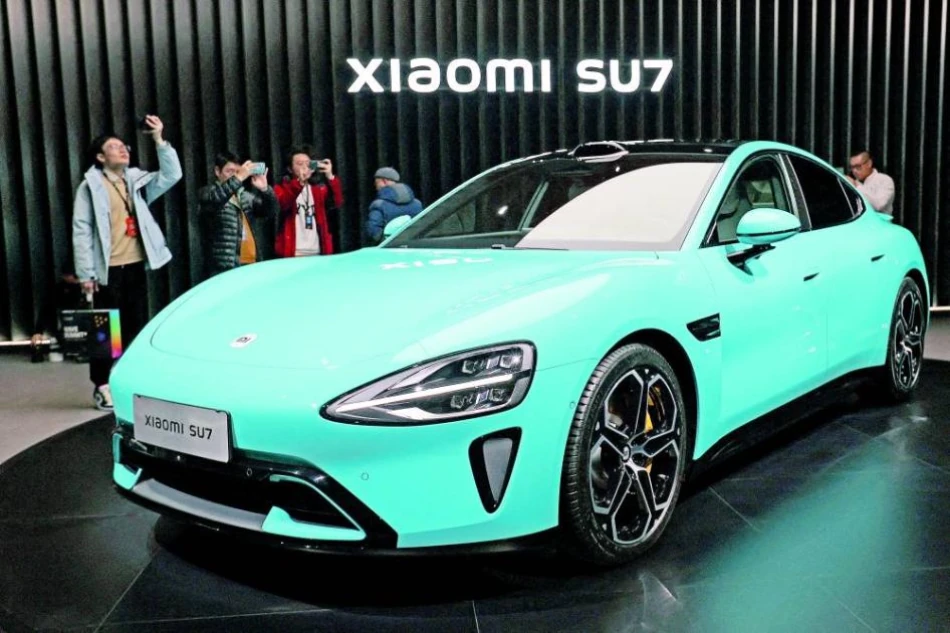
Xiaomi Charges Ahead: Unveils Plans to Launch Electric Vehicles in Europe by 2027
Chinese tech giant Xiaomi plans to open European showrooms by 2027 to sell its electric vehicles, marking another major Chinese automaker's push into the continent despite ongoing trade tensions. The company has already started scouting locations and may eventually manufacture cars in Europe to bypass hefty tariffs.
Xiaomi joins a growing list of Chinese EV makers like Xpeng and JAC trying to crack the European market. The company's VP Xu Fei told CNBC they began field research for suitable locations last June and are preparing for sales partnerships, though he didn't reveal which car model they'll launch first in Europe.
The timing is tricky. The EU maintains tariffs on Chinese-made electric vehicles, forcing companies to get creative with their European strategies. Many are considering manufacturing outside mainland China to avoid these trade barriers.
But Xiaomi has good reason to be confident. The company only entered the EV market last year with its SU7 sedan, followed by the YU7 SUV. Since then, they've delivered over 300,000 vehicles - an impressive feat for a newcomer in the competitive Chinese EV space.
Investors are paying attention. Xiaomi's stock has soared 170% over the past year, largely driven by excitement around its automotive ambitions beyond China's borders.
Here's what makes this move significant: Xiaomi built its reputation on smartphones and consumer electronics before jumping into cars. This cross-industry approach mirrors what Tesla did in reverse, and it's working. The company's tech background gives it an edge in the software and connectivity features that modern EV buyers want.
For European consumers, Xiaomi's entry could mean more affordable electric vehicle options. Chinese EV makers typically offer competitive pricing, even with tariffs factored in. But they'll face established players like Tesla, Volkswagen, and BMW who already have strong European manufacturing and dealer networks.
The broader trend here is clear: Chinese automakers see Europe as essential for global growth, despite regulatory hurdles. They're willing to invest in local operations to make it happen, which could reshape Europe's automotive landscape over the next decade.
Most Viewed News

 Omar Rahman
Omar Rahman






